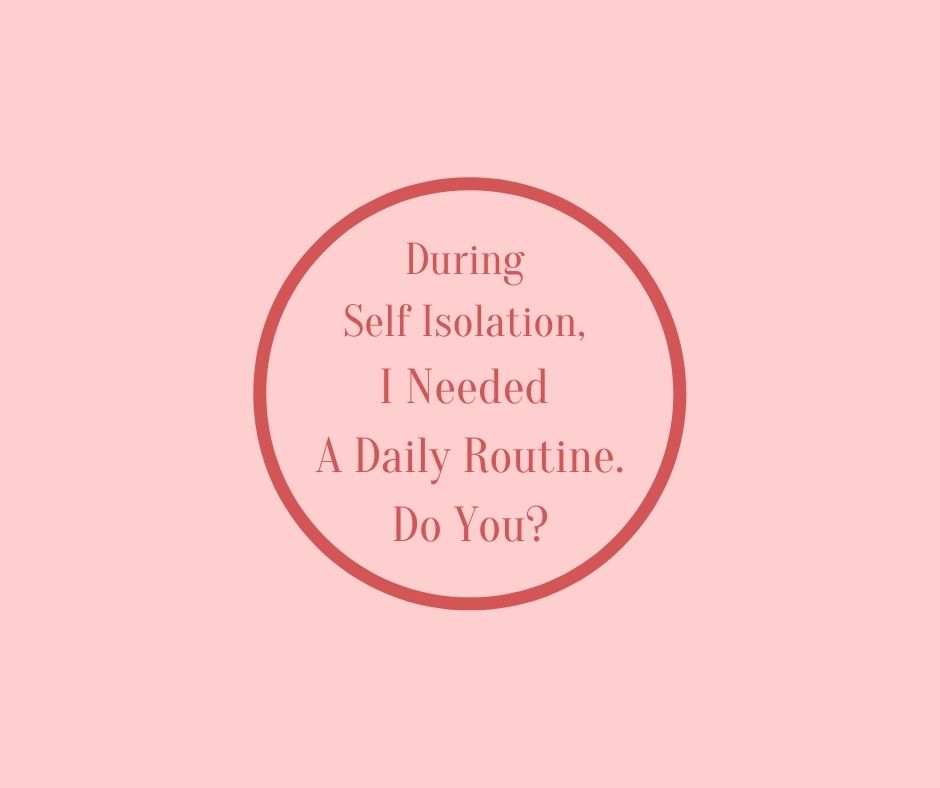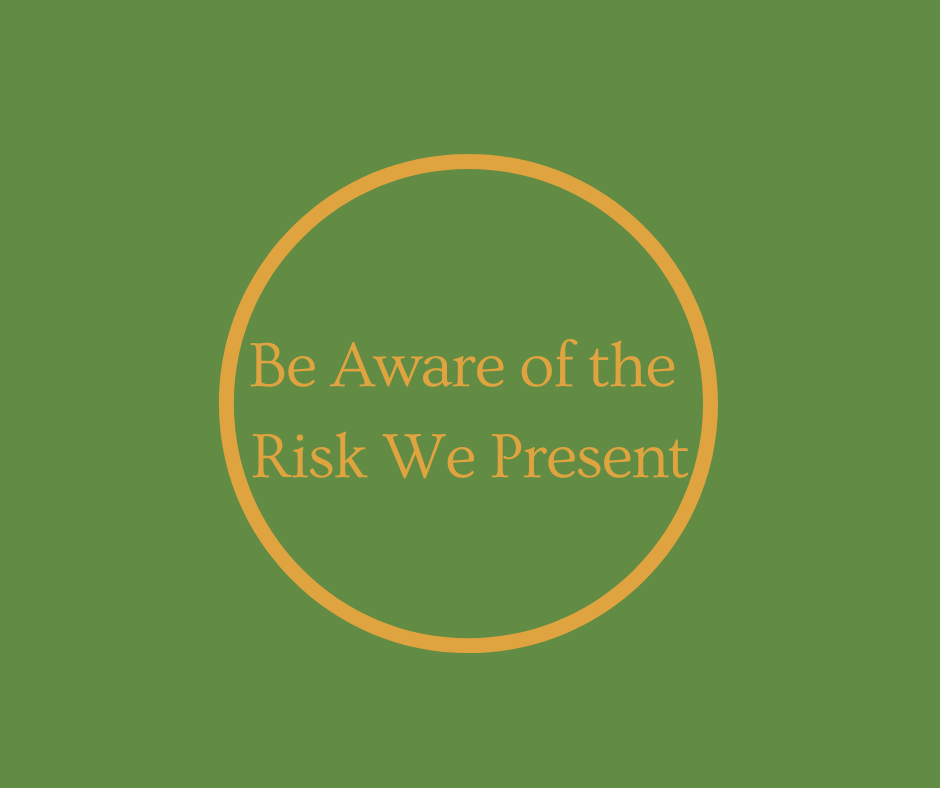In the early 1980s the AIDS epidemic was just beginning. Reactions were very similar to today’s fears and concerns associated with the coronavirus/covid-19.
I was a staff nurse at a free standing hospice. There were no medicare regulations. Hospice at that time had a “make it up as you go” learning curve.
I was assigned our agency’s first patient with the AIDS virus. A young mother was brought home by her parents after her husband died of a “mysterious” illness. He was a known IV drug user. There was talk that her diagnosis was this new virus called HIV. “Nothing definite but we’ll treat it as if it is” was the recommendation from the medical center that gave Hospice the referral.
I was scared (I’ll write about that shortly) yet I went to the house for the initial visit. In talking with the young woman’s mother and father I told them that I didn’t really know much about the virus except that it was considered contagious (medically, we didn’t know how contagious it was or how it was spread, just that people were dying from it).
I told the family that knowing it was contagious, if we were going to make mistakes, those mistakes would be on the side of caution. I would teach them everything I knew about isolation and protective care. Before I left I set up, not isolation but hand washing, as well as gown and glove protocol, in addition to regular end of life information. I even had the woman’s two year old son gowned and with socks on his hands before he went into mom’s room. He was encouraged to be on the bed and cuddle as was the entire family, as long as they were careful. Some things you've just got to do. Mother, father and child contact and expressions of love are some of them, the operative word here is carefully.
The young woman, of course, died. Fast forward two years. I had stayed in contact with her mom. During those two years we learned that a person could contract HIV in utero. With this new information the son's two year diagnosis of failure to thrive was replaced with HIV from birth. Now, at four years old, the little guy was dying. Grandmother called. Would we take care of him?
In the two years between mom’s death and the death of her son we learned so much. We learned how HIV/AIDS was transmitted, that there was no need for gowns and gloves except when dealing with body fluids, and so much more knowledge that I don’t have room to write about it all here.
A huge gain from all the knowledge we learned is that as healthcare professionals we lost the fear factor. Knowledge reduces fear.
Earlier I said I was scared when I accepted working with our first person with AIDS. I was so scared I had to have a long talk with myself. Did I really want to work with this family? How would I protect not only myself but my family? This was frontline work, was I prepared to risk my life in the service of others? I remember standing in my shower, the water streaming over my head and asking myself, “What do I want to do? How scared am I? Am I going to let this fear rule me? How will my actions, my decisions, affect my family, those close to me? What if I catch it? What if I die?”
Obviously, my decision was: I can do this. I could be prudent, cautious, and take care of myself while taking care of others. I wouldn’t be the person I am today, with the knowledge I have about myself and others, if I had made a different choice.
I’m not saying my choice is the one everyone needs to make. I’m saying it was the right choice for me and that each of us as healthcare workers on the frontline of this medical crisis need to explore our own fears, needs, and ideas concerning working during this pandemic.
There are many of the same circumstances with today’s coronavirus as we faced with HIV/AIDS in the early years— lack of medical knowledge, lack of guidance, and fear. I think the same directives hold now as they did then.
Each healthcare worker has to make the personal life decision, “Can I be of service? Do I want to be of service?" And for some I’m afraid one of the questions is, “Do I have to be of service because financially I have no other choice?” How we answer those questions will determine the choices each person makes as this virus moves forward.
The differences in the knowledge and care from my first person with AIDS, and her son two years later, were immense. There was still no cure, no vaccine (there still isn’t) but there was knowledge of cause, protocols of how to treat and care for infected people, and the fear was gone. We, as health care professionals, knew for sure how to protect ourselves and others. We had knowledge, guidance, and confidence, which when lacking generates fear.
As my husband likes to say, “This too shall pass”. My response to him is always, “but how do we get through it until it does pass?" My hope is that we will be able to look back on this time of fear and uncertainty in the same way we now look at our reaction and response to the AIDS epidemic.
Something More... about Did AIDS Set Us Up To Handle COVID-19?
Make sure your hospice/home care provides families resources while staff is paired down during the pandemic. They will appreciate the tools at 3 am when their loved one's dying process is shifting and they are alone. Support your families with GONE FROM MY SIGHT and THE ELEVENTH HOUR. After the patient dies, give them MY FRIEND, I CARE as your condolence card from the team.








5 comments
Yaffa
Barbara,
I came into hospice late in my career, and fell in love.
While I’ve often said, " I should have found hospice years ago!", I know, in my heart of hearts, that I had to go through the (hospice residence) death of my beloved MILove, and the sudden (alpha-strep meningitis) death of my husband before I could ever be the hospice nurse I am today.
I began my career when AIDS first came… I made the decision that I would not allow my AIDS patients to feel as though they were “contaminated”, nor would I ever, as far as with what was in my power, let them die alone.
Being on the front lines BEFORE we ever knew what we were dealing with gave me a unique qualification to deal with Covid. I consider my attitude to be one of , “do everything to NOT catch it, but acceptance should that be my fate”.
Who knew that we in hospice would ever HAVE to deal with it? After all, this is QUICK, right? Surprises abound.
I share your resources a great deal & have so much gratitude for your knowledge. You are my hero. Thank you.
Barbara,
I came into hospice late in my career, and fell in love.
While I’ve often said, " I should have found hospice years ago!", I know, in my heart of hearts, that I had to go through the (hospice residence) death of my beloved MILove, and the sudden (alpha-strep meningitis) death of my husband before I could ever be the hospice nurse I am today.
I began my career when AIDS first came… I made the decision that I would not allow my AIDS patients to feel as though they were “contaminated”, nor would I ever, as far as with what was in my power, let them die alone.
Being on the front lines BEFORE we ever knew what we were dealing with gave me a unique qualification to deal with Covid. I consider my attitude to be one of , “do everything to NOT catch it, but acceptance should that be my fate”.
Who knew that we in hospice would ever HAVE to deal with it? After all, this is QUICK, right? Surprises abound.
I share your resources a great deal & have so much gratitude for your knowledge. You are my hero. Thank you.
Maureen Asper
Thanks for this excellent story. Different circumstances and different periods in time, but still very relevant. Take care and Good bless.
Thanks for this excellent story. Different circumstances and different periods in time, but still very relevant. Take care and Good bless.
barbara
Hi Dennis, of course you may share this blog article, or any of my blog articles, with your team. I welcome the sharing.
Blessings to you and your team in the work you are doing. Barbara
Hi Dennis, of course you may share this blog article, or any of my blog articles, with your team. I welcome the sharing.
Blessings to you and your team in the work you are doing. Barbara
Brenda woods
I discovered your material when my brother was dying.
It helped me a lot.
Thanks
I discovered your material when my brother was dying.
It helped me a lot.
Thanks
Dennis james Sagun Parker
Barbara – may I share this reflection with my Hospice care team members?
I am a chaplain currently working with a hospice organization.
Please let me know if I may share this – giving credit, of course to you as the author.
Thank you for ALL that you do for us in hospice care.
Chaplain Dennis j.
Barbara – may I share this reflection with my Hospice care team members?
I am a chaplain currently working with a hospice organization.
Please let me know if I may share this – giving credit, of course to you as the author.
Thank you for ALL that you do for us in hospice care.
Chaplain Dennis j.